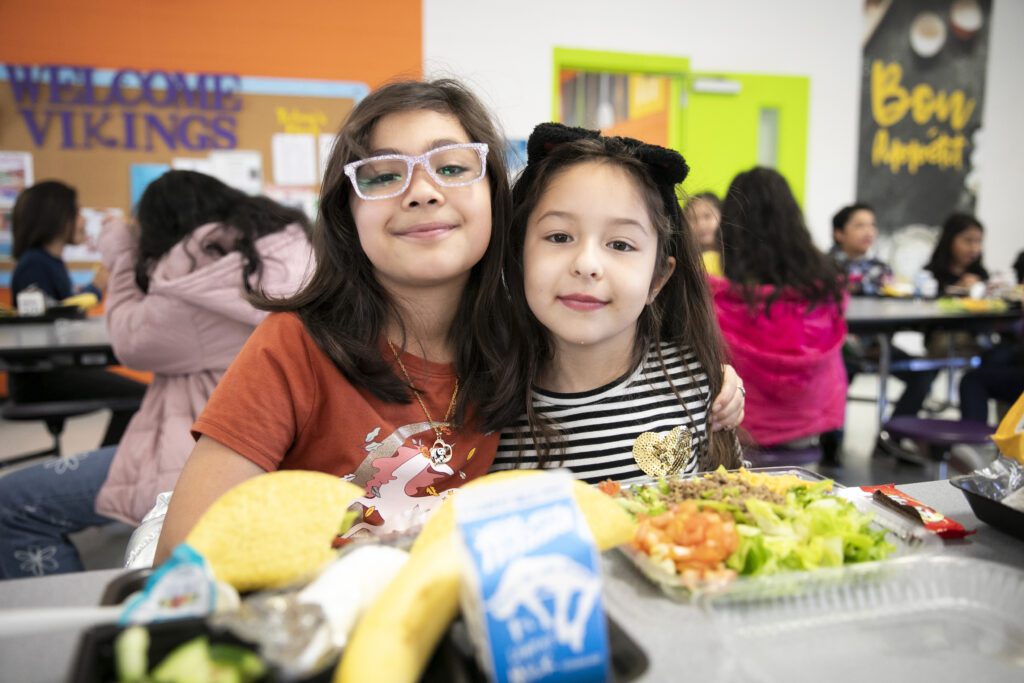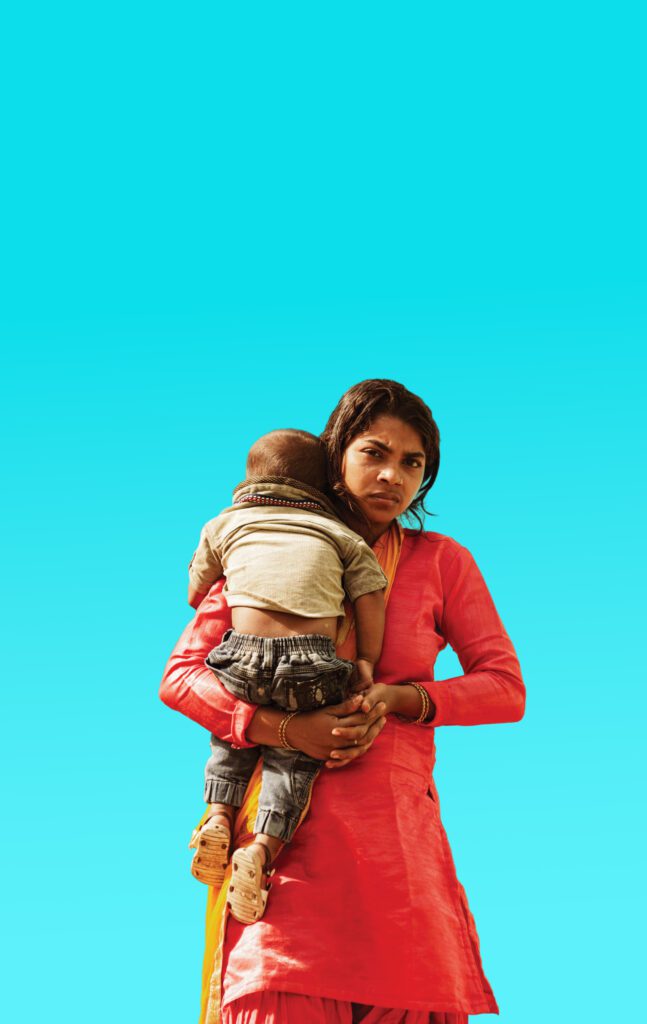
We spent the last days of 2010 at Goose Rocks Beach in Maine where we aspired to be as lazy as the big grey seals that snooze sprawled across the rocks until the rising tide forces them back into the water.
I spent some time reading and reflecting, looking for lessons from others that might be valuable to our work. For example, on the day after Christmas, there was an interview in the New York Times with departing New York City Schools Chancellor Joel Klein. (http://www.nytimes.com/2010/12/26/nyregion/26klein.html?_r=1&hpw)
New York’s public schools deal with challenges of wide scale poverty. That makes the Chancellor’s job one of the more visible anti-poverty platforms in the country. Because the task is seen as nearly impossible, receives intense scrutiny, and because Klein was one of the city’s longest serving chancellors, I thought there might be some learning’s applicable to our work at Share Our Strength.
Klein made several comments in closing out his tenure that are worth pondering as we begin a new year and new decade.
Referring to regrets, he didn’t single out any of the failures or political controversies that go with the job. Instead, the only regrets he identified were: “I wasn’t impatient enough….We weren’t bold enough….”
Klein also addressed the challenge of creating and embracing a culture of accountability and “owning” outcomes even when tackling very long odds. ‘It’s a lot easier for the school system to say we graduated 45% of our kids because our kids had lots of problems and there’s only so much education you can do. It’s a lot harder to say we graduated 45% of our kids because we blew it; we didn’t do the job that we needed to do. That kind of ownership is a major kind of transformation.”
“Boldness” and “accountability”- not bad watchwords for the days ahead.
As we head into the new year, on the heels of a 2010 in which we enjoyed unprecedented progress, we risk our very success lulling us into the seductive, comforting illusion that we should merely keep doing what we’ve been doing. That prescription might work in a world that stands perfectly still, but the dynamic change we are witnessing in the economy, political landscape, media and other sectors all but guarantees that what made us successful in 2010 will not, by itself, be enough to keep us succeeding going forward.
Rather we must build on what we’ve accomplished and tackle head-on the even tougher challenges we’ve identified, such as
– Making a stronger connection between nutrition education and childhood hunger
– Measuring and communicating even more compelling proof of concept of our state-based strategy
– Building greater and more sustained national awareness of childhood hunger
– Influencing public policy to advance our No Kid Hungry strategy.
This list is by no means an all inclusive, but meant to suggest that we embrace not just the hard tasks, but the hardest. That is what it will take to actually end childhood hunger. Whether a year hence, or five or ten, I don’t want Joel Klein’s sentiment that “we weren’t bold enough” to be echoing in our ears.
So now, after a relaxing, restful lull, the rising tide of e-mails is once again nudging me back into motion, just as surely as the rising ocean tide does the seals outside my window at Goose Rocks Beach. As they ease off their rocky perch to skim and bob and frolic, they seem newly energized, oblivious to everything except Nature’s unalterable rhythms. Here’s hoping that 2011 is filled with energy, fun, and boldness of purpose that leads to the “major kind of transformation” Joel Klein alluded to above. Welcome back!


